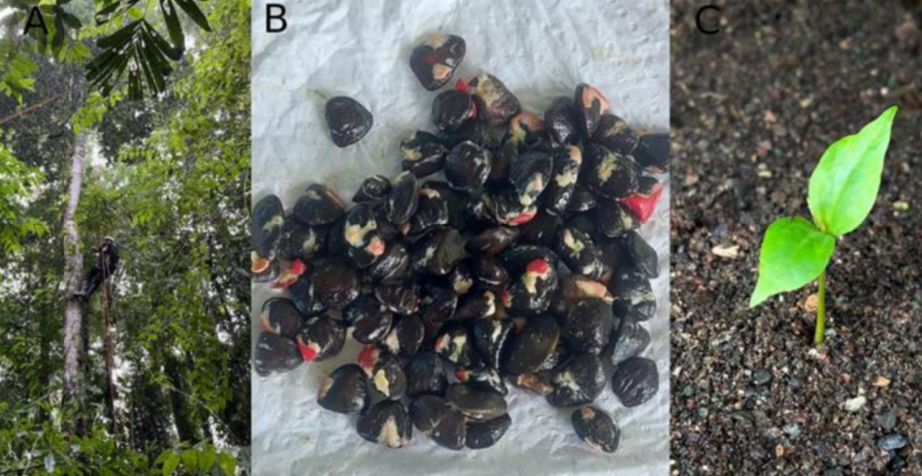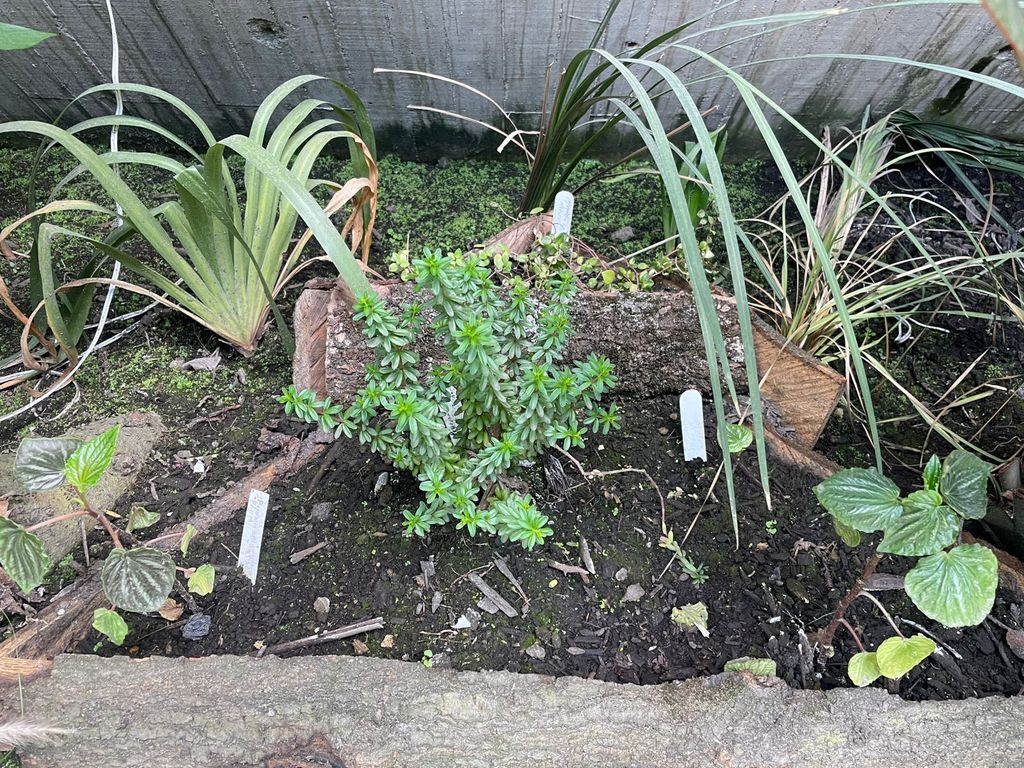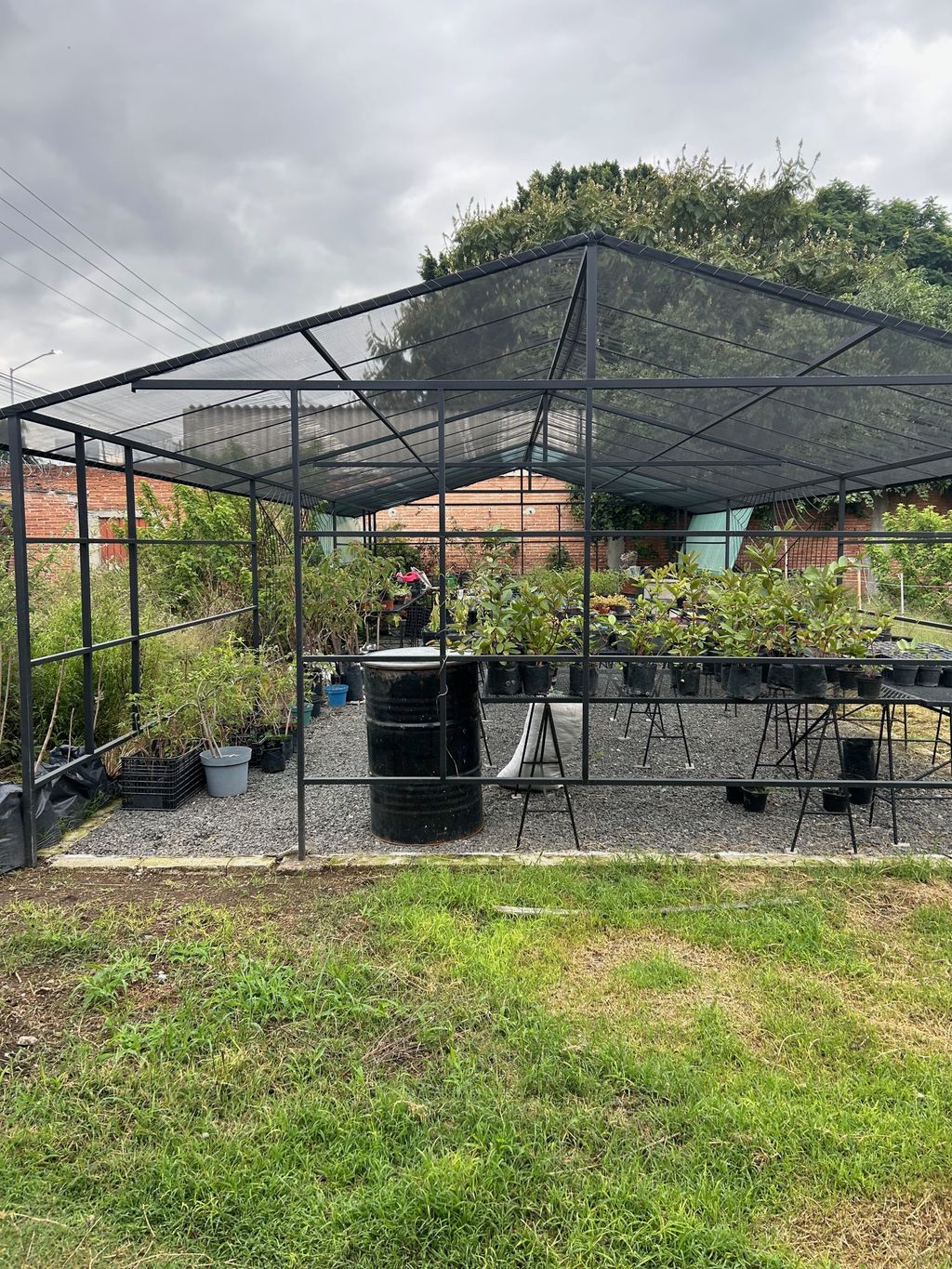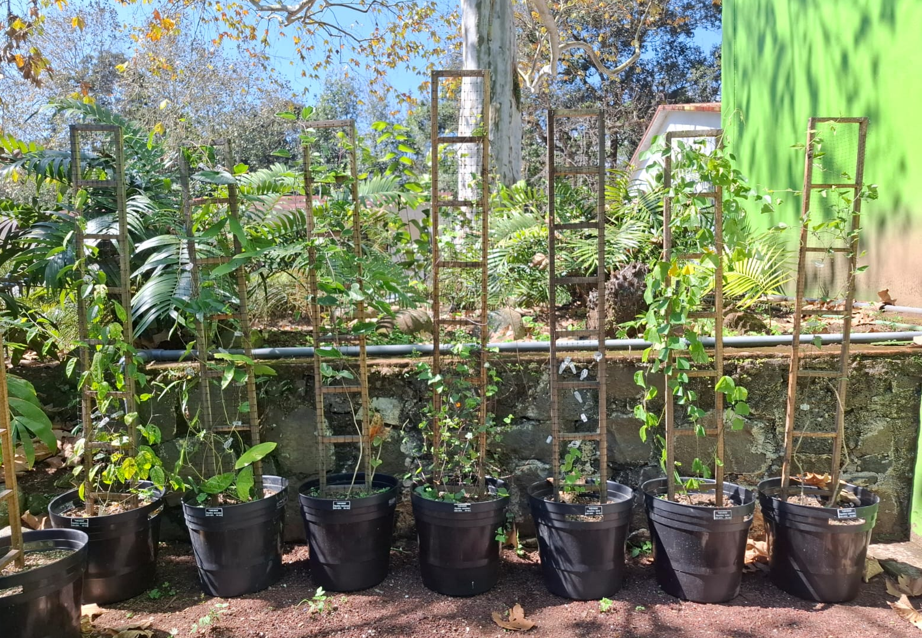Expanding propagation capabilities for threatened species, Costa Rica
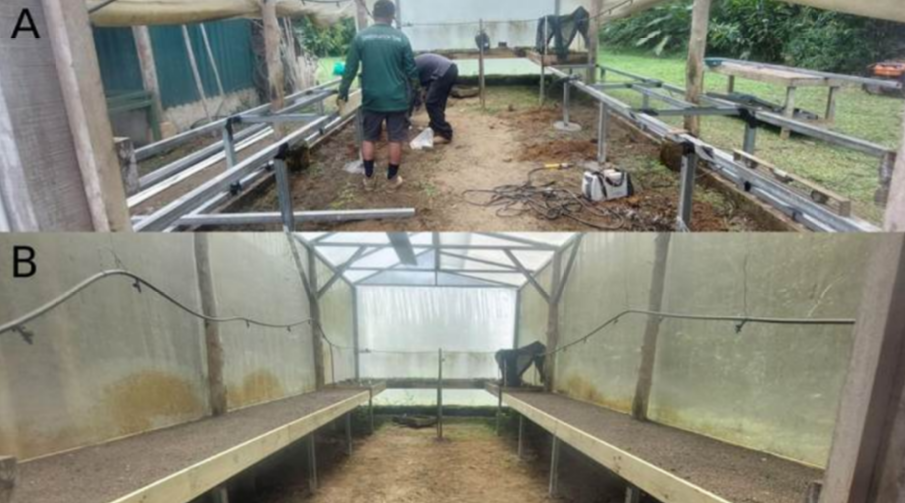
-
Status of project
Completed -
Region
Latin America and the Caribbean -
Country
Costa Rica -
Programme
BGCI -
Workstream
Saving Plants -
Topic
Plant Conservation
Funded by the Global Botanic Garden Fund via the Leon Levy Foundation
Project Completed: 2024
Institution: Osa Conservation
Building a Toolkit of Science-Based Botanic Conservation in the Osa Arboretum
Introduction
The Osa Arboretum aims to save threatened tree species from extinction through conservation action in southern Costa Rica. Over 20% of the seedlings propagated in the nursery are threatened trees, resulting in the generation of baseline data of some of the rarest species of the region.
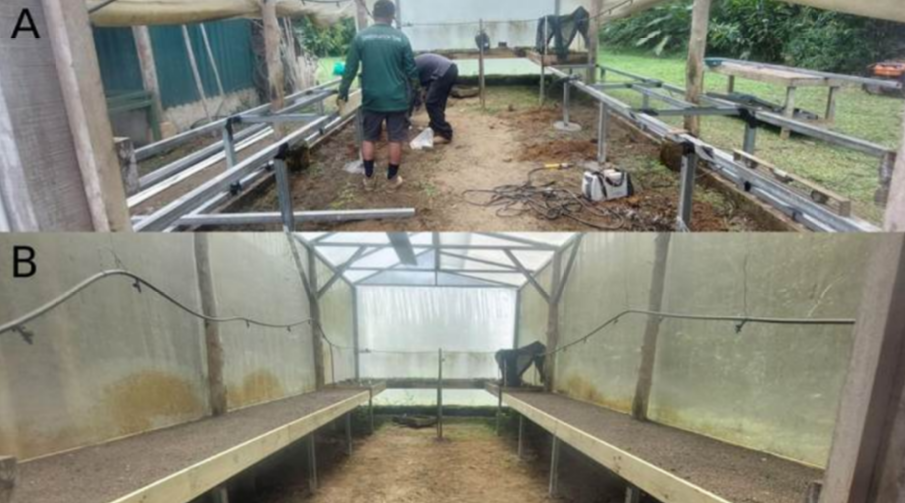
Project Goals
The focus of this project was to expanded the Rare and Endangered Species Propagation Center at the Osa Verde nursery, enhancing propagation for threatened species through germination trials, and supporting ex situ conservation.
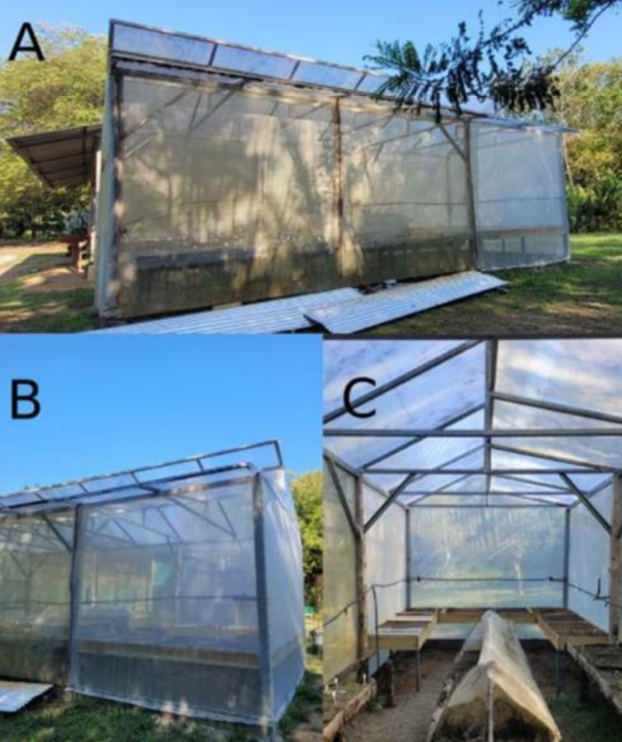
Key Achievements
The Rare and Endangered Species Propagation Center at the Osa Verde nursery was completed in April 2024, increasing the structure’s size by 50%. The project included constructing nine new germination beds with specially prepared substrates to support rare and threatened species. A second phase, completed in December 2024, upgraded the original section with stronger materials, renewed substrates, and improved irrigation efficiency.
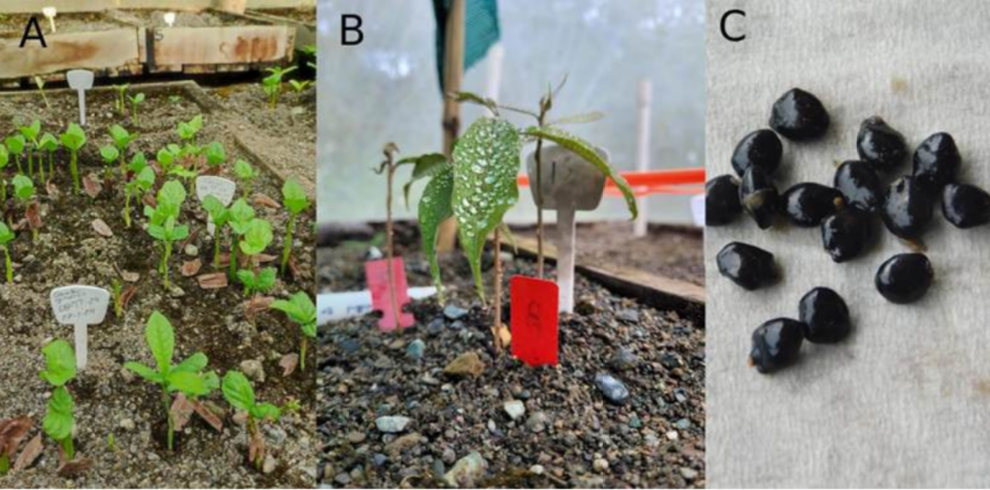
Seeds were collected and germination trials were conducted on several critically endangered species- including Magnolia wetteri and Couepia osaensis.
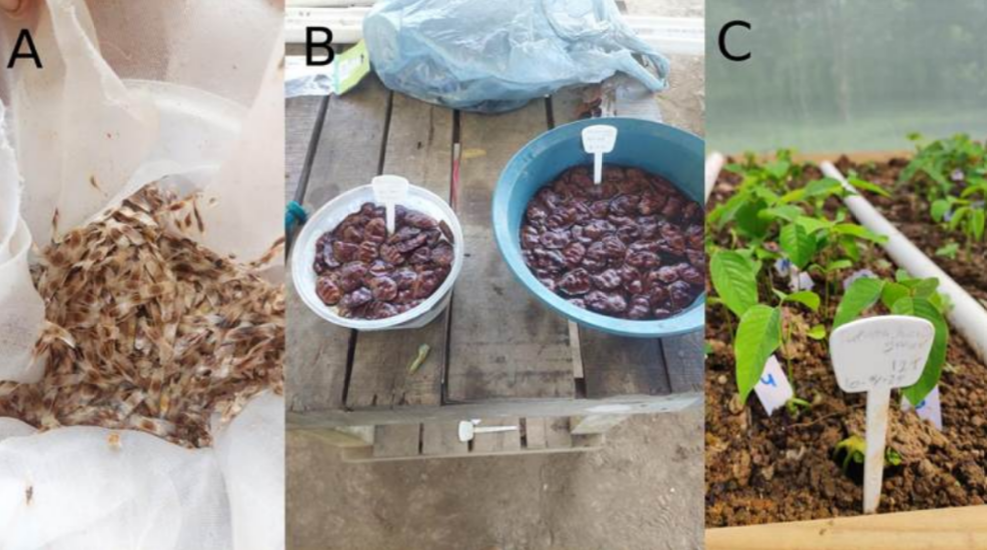
As a result of this project, 123 native tree species were germinated, producing 25,000 seedlings, with a future goal of 40,000–45,000 seedlings annually.
Additionally, local communities were engaged in conservation activities. Research capacity was strengthened by collecting 47 herbarium specimens and eight DNA samples, aiding taxonomic and genetic studies.
